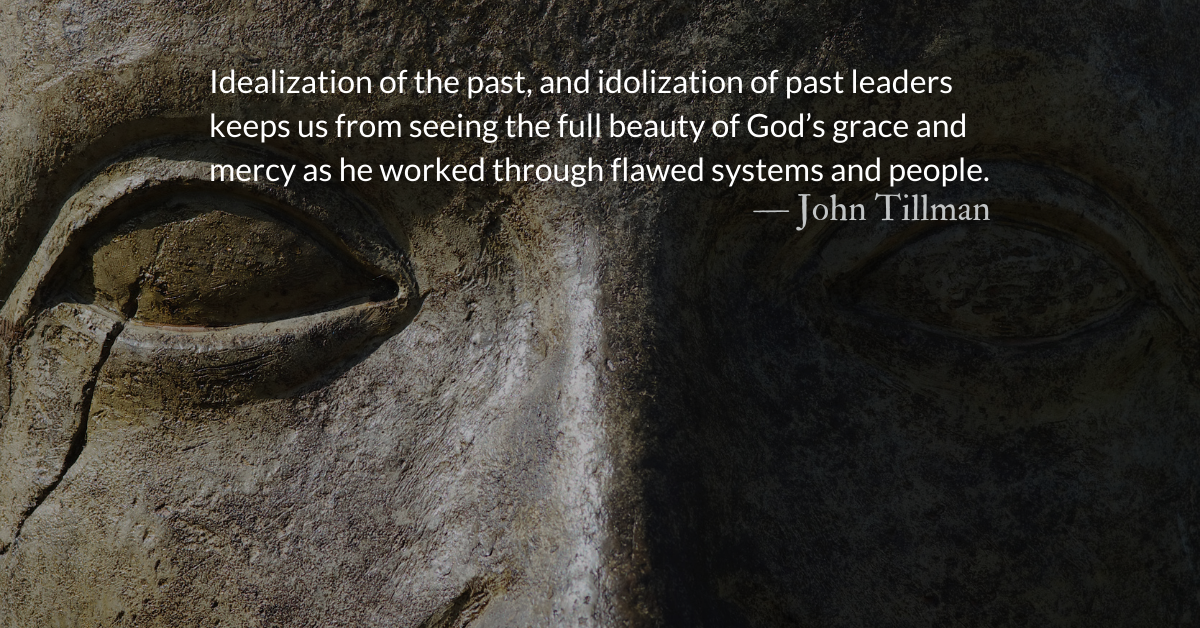Scripture Focus: Numbers 33:1-2
1 Here are the stages in the journey of the Israelites when they came out of Egypt by divisions under the leadership of Moses and Aaron. 2 At the Lord’s command Moses recorded the stages in their journey
Reflection: Stages of Life
By Erin Newton
Every life is marked by its stages. Stages of growing up. Stages of learning hard lessons. Stages of joy. Stages of grief. Stages of community and relationships. Stages of loneliness and isolation. Each stage has importance of its own.
The author of Numbers details the mile markers for each place the Hebrews went. Most landmarks are simple place names. They started here and went there. A handful of verses include more details, indicating more than a routine pitstop.
From the few verses that elaborate, we mark specific stages: the flight from Egypt after Passover, passing through the Red Sea, a water crisis at Rephidim, the death of Aaron at Mount Hor, and the plains of Moab where they were called to take possession of the land.
These events were important. Each event presented a new crisis whereby God would reveal his power and sovereignty. Other events, however, are not mentioned. This is a partial list, a reminder of a handful of important moments.
Throughout our lives, we look back and take stock of our life stages. Many of us talk about our childhoods and how each experience shaped us. Some talk about their lives by the stages of their child’s development. Some describe their life by their education, career, or achievements. Each stage anchors the ups and downs of life.
Why would God ask Moses to record these stages? Some of the events were already recorded in other books. Why should he remind the people again? Because something big, something hard, something terrifying was about to happen. The next step in their journey was a difficult path and remembering earlier stages gave them hope and assurance that God was with them.
It is good practice to take time and look back on your life. Mark the moments that feel life-altering. Rejoice in the stages you knew God was working. Be free to mourn the stages when God felt silent.
Many of God’s beloved saints went home last week and we mourn their loss. We feel the void in their ministry. Each of our lives are made up of a unique set of stages. We risk comparison but that is not God’s call. One faithful pastor reflected, “We only have to be faithful to the gifts and energy we have—to walk in the good works God has prepared for us to walk in. No one else’s.” (Chris Hutchinson)
Divine Hours Prayer: The Morning Psalm
Praise the Lord, all you nations; laud him, all you peoples.
For his loving-kindness toward us is great, and the faithfulness of the Lord endures forever. Hallelujah! — Psalm 117
– From The Divine Hours: Prayers for Springtime by Phyllis Tickle.
Today’s Readings
Numbers 33 (Listen 4:53)
1 Corinthians 7 (Listen 6:09)
Read more about The Sojourn of Sanctification
The desert sojourn is a transforming experience for Israel and this process of sanctification can be mirrored in the lives of modern believers.
Read more about Sojourn of Grace
Asaph’s Psalm 78 is a poetic filter through which to view Moses’ detailed record of the Israelites’ travels in the wilderness.









